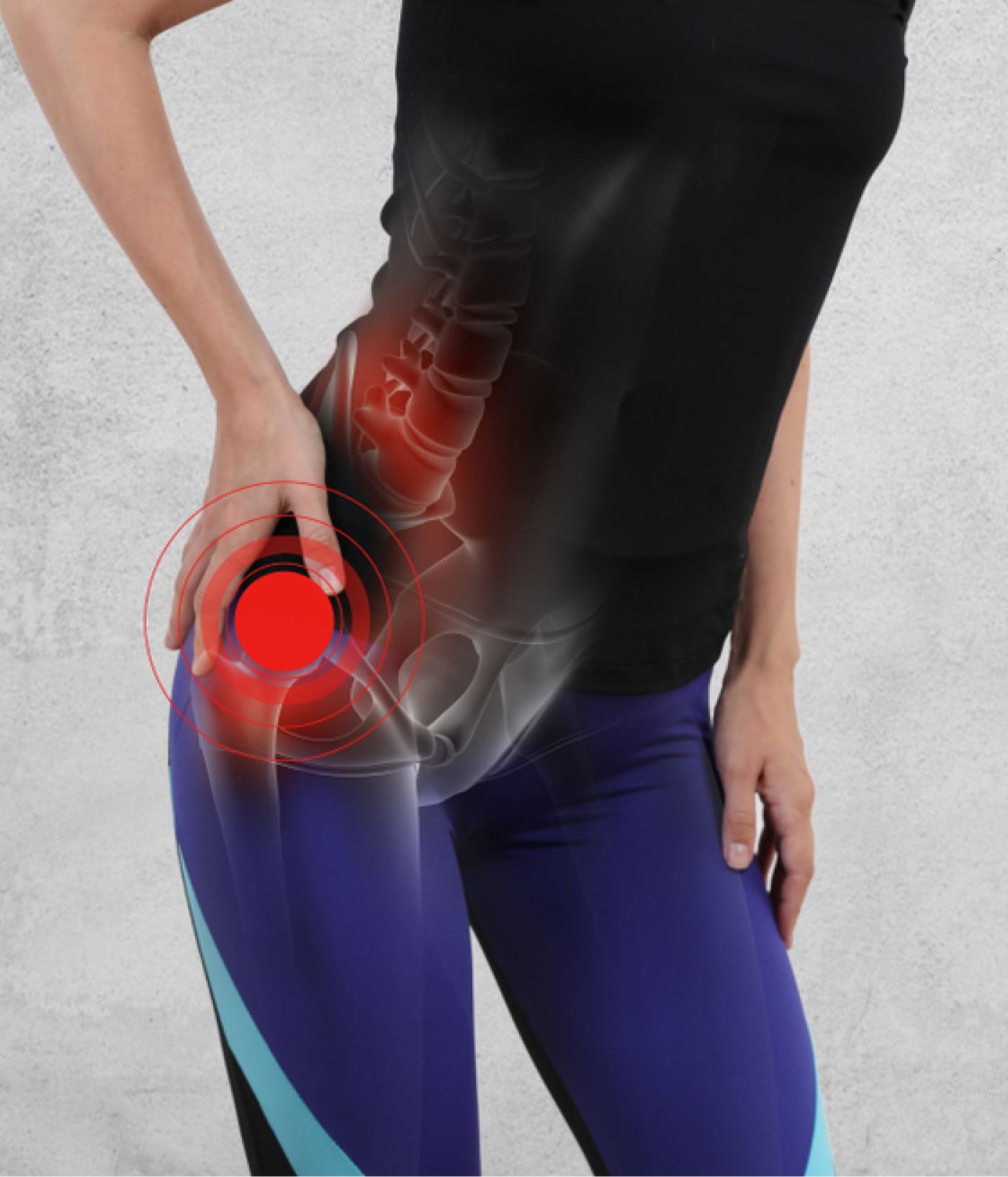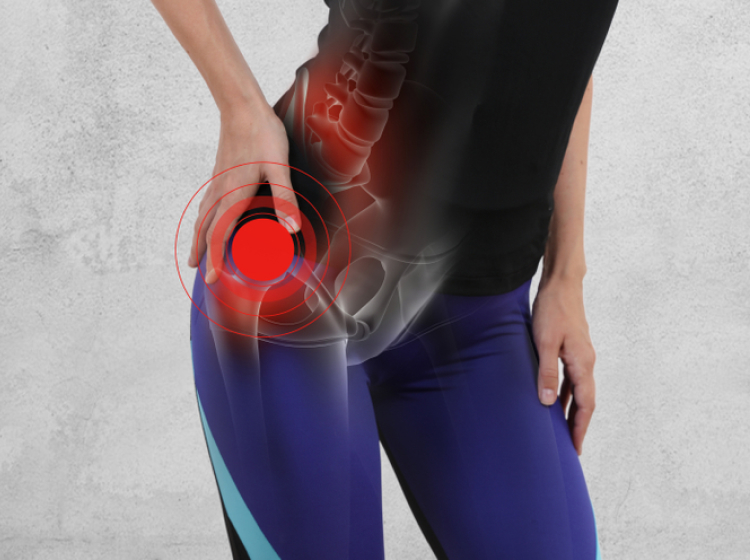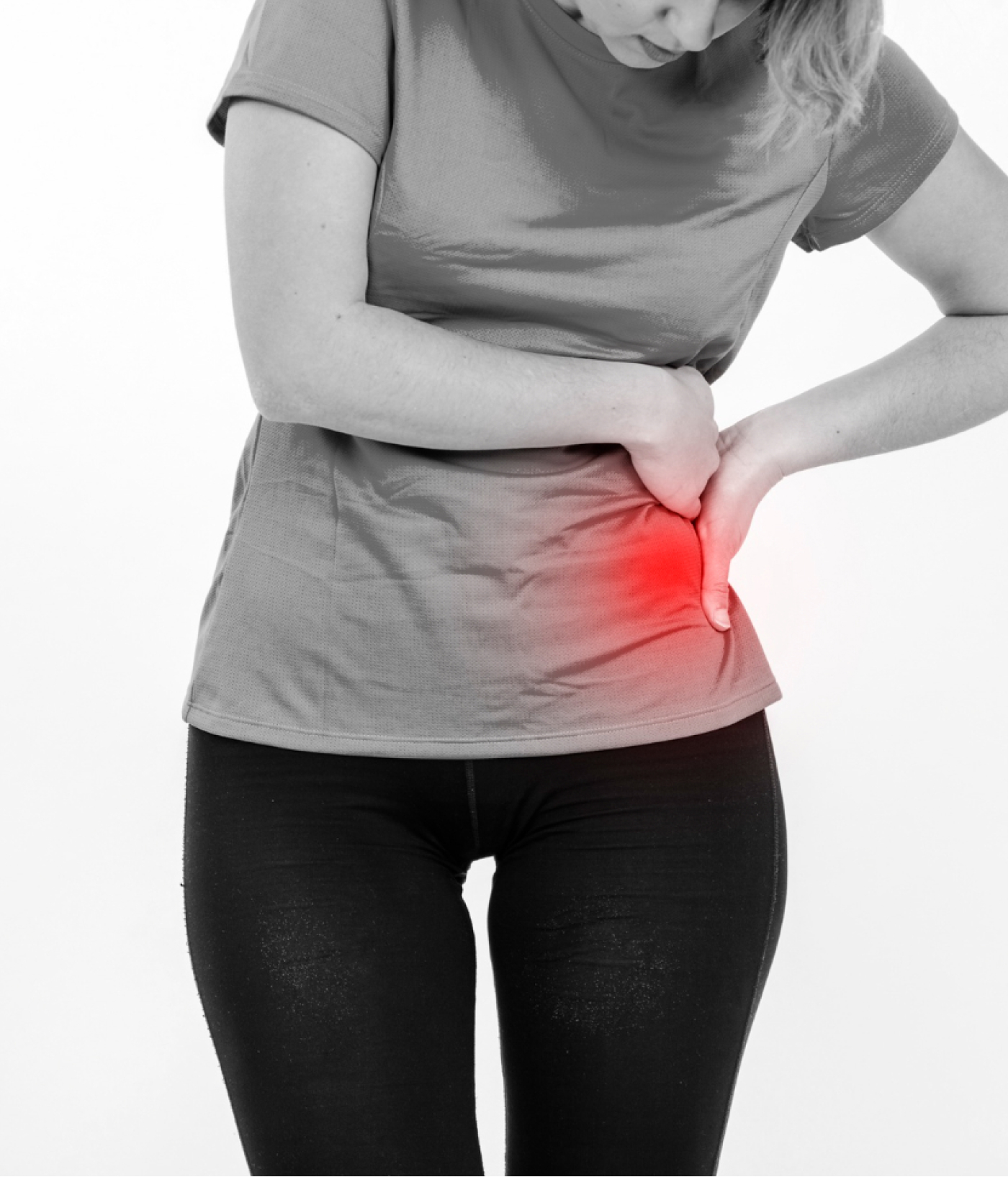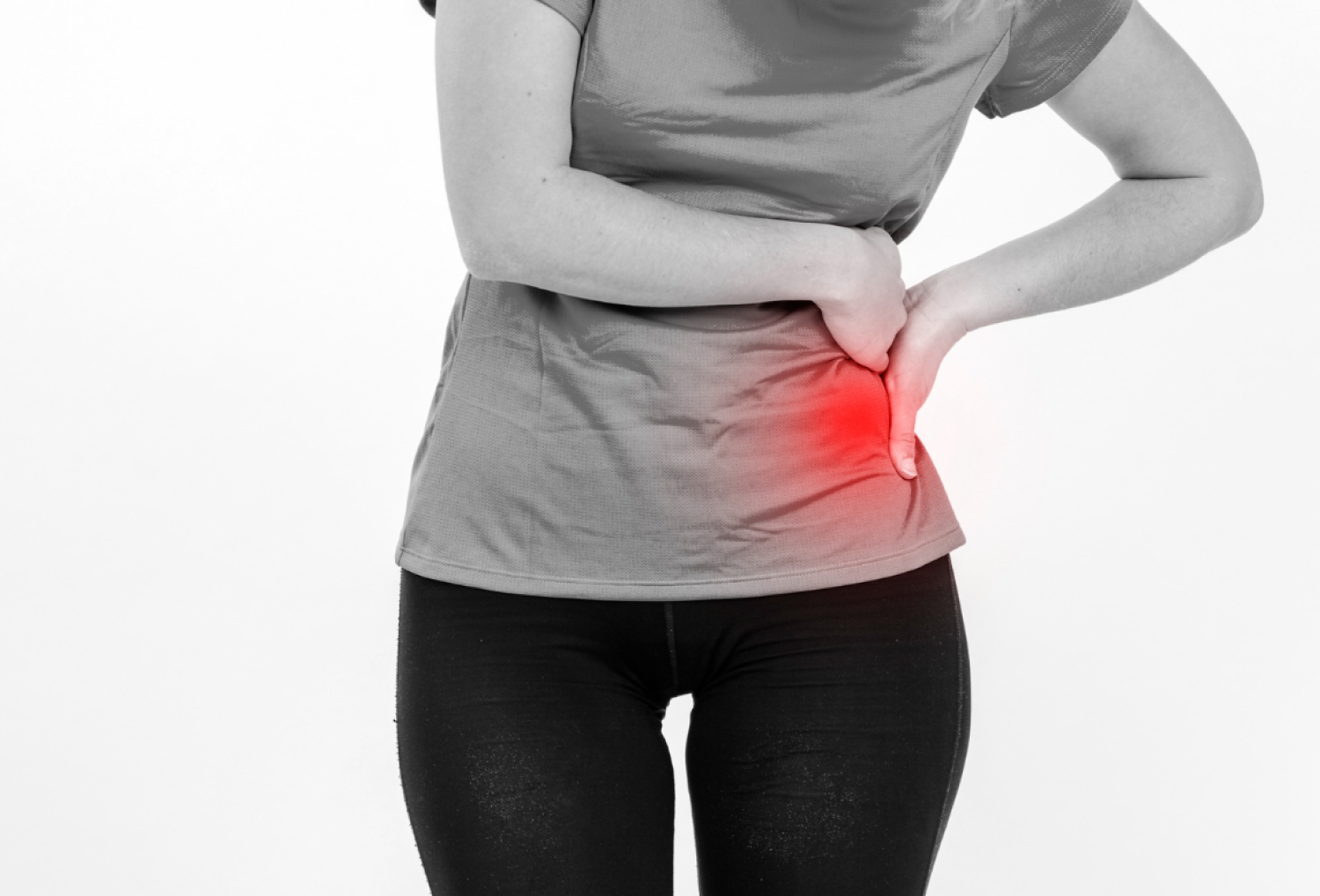Snapping Hip Condition Specialist In Singapore

Dr Wang Lushun
Senior Consultant Orthopaedic Surgeon
MBBS (Singapore)
MRCS (Edin)
MMed (Ortho)
FRCS (Ortho) (Edin)
- Enjoy a healthier, more active lifestyle with snapping hip condition treatment
- Fellowship-trained orthopaedic surgeon
- Internationally recognised, more than 1500 hip and knee surgeries performed



What Is Snapping Hip Condition?
Snapping hip condition, also known as coxa saltans, is a condition where a snapping or popping sensation is felt in the hip during certain movements. It commonly affects athletes, dancers, and physically active individuals. It can also be a symptom of underlying issues such as tight muscles, tendons, or joint abnormalities.
Without proper treatment, it could lead to the following:
- Increased pain and discomfort, limiting daily activities
- Development of bursitis, causing inflammation and swelling
- Progressive joint degeneration, contributing to early-onset arthritis
- Reduced quality of life due to persistent pain and restricted movement
Symptoms of Snapping Hip Condition
Snapping hip condition can manifest in several ways and recognising these signs can prevent further complications. If you experience any of these symptoms, consult your orthopaedic specialist promptly:
Audible snapping or popping sound
Occurs as tendons or muscles slide over bony structures in the hip.
Pain or discomfort in the hip or groin area
Tight muscles and tendons can lead to increased friction, causing pain.
Swelling or inflammation around the hip joint
Results from irritated bursa sacs or soft tissues in the area.
Limited range of motion in the hip
Restricted joint movement due to pain or muscle tightness.
Break free from snapping hip discomfort and experience relief
through accurate diagnosis and personalized treatment.
through accurate diagnosis and personalized treatment.
Treating your snapping hip condition improves your overall hip health and minimizes the risk
of long-term damage and complications, allowing you to enjoy a more active lifestyle again.


Am I A Candidate for Snapping Hip Condition Treatment?
Before considering any treatment, your orthopaedic specialist will examine several factors regarding your condition to determine the best course of action. Here are some factors they may need to consider:
- Severity of symptoms: Mild cases may be managed with conservative treatments, while more severe cases may require advanced intervention.
- Underlying causes: Identifying and addressing the root cause of the condition, such as muscle tightness or tendon issues, helps tailor the treatment approach.
- Previous treatment attempts: If conservative treatments haven’t provided relief, surgical intervention might be considered for appropriate candidates.
- Overall health and medical history: Your orthopaedic specialist will evaluate your general health to ensure you can safely undergo the recommended treatment.
What causes snapping hips?
Snapping hips are caused by tendons or muscles sliding over bony structures in the hip, resulting from muscle tightness, tendon issues, or joint abnormalities.
Can you treat snapping hip condition?
Yes, snapping hip condition can be treated with a combination of conservative treatments, such as physical therapy and anti-inflammatory medications, or surgical intervention in more severe cases.
When Is The Best Time To Have Snapping Hip Condition Treated?
Addressing the issue early on can prevent further complications and help maintain your quality of life. Generally, conservative treatments, such as physical therapy and anti-inflammatory medications, should be done before any invasive procedures. However, depending on your condition, your orthopaedic surgeon may recommend surgical treatments. In any case, consult your doctor when you start experiencing hip issues for proper diagnosis and prompt treatment.
Non-surgical treatments
Non-surgical treatments for snapping hip condition often include a combination of physical therapy, anti-inflammatory medications, and activity modification. Physical therapy focuses on stretching and strengthening exercises to improve flexibility and muscle balance. Anti-inflammatory medications can help manage pain and reduce inflammation, while modifying activities can prevent further aggravation of the condition.
Surgical treatments
- Hip arthroscopy: A minimally invasive procedure allows the surgeon to access the hip joint through small incisions and remove or repair damaged tissue, such as a tight iliopsoas tendon or a labral tear.
- Open tendon release or debridement: Involves making an incision over the hip and surgically releasing or removing the affected tissue; usually performed in case hip arthroscopy isn’t feasible.
- Bursal resection: If bursitis is present and causing the snapping hip, the inflamed bursa sac can be surgically removed to alleviate pain and inflammation.
- Osteoplasty: Performed when a bony abnormality is the cause of a snapping hip; osteoplasty is done to reshape the bone and reduce friction between the hip joint components.


Dr Wang Lushun
Senior Consultant Orthopaedic Surgeon
MBBS (Singapore)
MRCS (Edin)
MMed (Ortho)
FRCS (Ortho) (Edin)
Internationally Recognised & Double Fellowship-Trained Surgeon With Over 18 Years of Experience
- Bachelor of Medicine & Bachelor of Surgery (MBBS),
National University of Singapore - Member of The Royal College of Surgeons (MRCS),
Edinburgh, United Kingdom - Master of Medicine in Orthopaedic Surgery (MMed),
National University of Singapore - Fellow of The Royal College of Surgeons in Orthopaedics and Traumatology (FRCS), Edinburgh, United Kingdom
As a Senior Consultant Orthopaedic Surgeon and former Head of the Hip and Knee Division in Ng Teng Fong Hospital, he has won awards for superior patient outcomes (value driven), service quality and enhanced recovery programmes. His patients include current and former national athletes and sporting professionals.
Why Choose
Dr Wang Lushun?
Trusted
Leadership on Orthopaedic Advisory Boards
Skilful
Double Fellowships at Centres of Excellence
Experienced
Senior Consultant with Over 18 Years of Experience
Patient-Centred Orthopaedic Care
We are dedicated to your recovery and well-being. Every patient deserves the freedom that comes with active living. Whether you're an athlete sidelined by an injury or a weekend hobbyist desperate to return to your passion, our mission is to help you regain your mobility and independence.
Personalised Approach For Positive Outcomes
Our clinic prioritizes time dedicated to understanding each patient’s injuries and needs. Dr Wang strongly believes that personalised care & patient management will lead to better outcomes & positive experiences.
Minimally Invasive Techniques For Faster Recovery
Dr Wang’s extensive experience with minimally invasive procedures allows for less scarring, lower risk of complications and faster recovery compared to traditional surgical methods.
Aftercare Focused On Restoring Mobility & Well-Being
As an avid sportsperson, Dr Wang understands the time and patience required to regain mobility and return to active living. After your procedure is completed, Dr Wang will make sure your recovery is smooth and comfortable.
Insurance
We accept all patients, with or without insurance plans. Additionally, we are on the specialist panels of these Health Networks/Insurance Plans. Please contact us if you have any queries and we will be happy to assist you in checking with your insurance provider.
Our Clinic Locations
3 Mount Elizabeth, #13-14
Mount Elizabeth Medical Centre
Singapore 228510
820 Thomson Road, Mount Alvernia Hospital, #05-51, Medical Centre D, Singapore 574623
Frequently Asked Questions
Does stretching fix snapping hip?
Stretching can help alleviate snapping hip symptoms by improving flexibility and reducing muscle tightness, but it doesn’t completely resolve the condition if other underlying issues are present.
How can I strengthen my hips?
Strengthening your hips can be achieved through targeted exercises, such as lunges, squats, and clamshells, which focus on the muscles surrounding the hip joint.
What are the first signs of hip problems?
The first signs of hip problems include pain or discomfort in the hip or groin area, stiffness, limited range of motion, and difficulty walking or performing daily activities.
What age do people get snapping hip syndrome?
Snapping hip syndrome can affect individuals at any age, but it’s more common among athletes, dancers, and physically active individuals.
How long does snapping hip syndrome last?
The duration of snapping hip syndrome varies, depending on the severity of the condition and the effectiveness of the treatment. With appropriate intervention, symptoms can be managed or eliminated.
How do you test for snapping hip syndrome?
Testing for snapping hip syndrome involves a physical examination, during which the healthcare professional will assess the hip’s range of motion, strength, and stability. Imaging studies, such as X-rays or MRI, may also be used to evaluate the hip joint.
Is snapping hip condition arthritis?
Snapping hip condition is not arthritis, but if left untreated, it can contribute to progressive joint degeneration and potentially lead to early-onset arthritis.